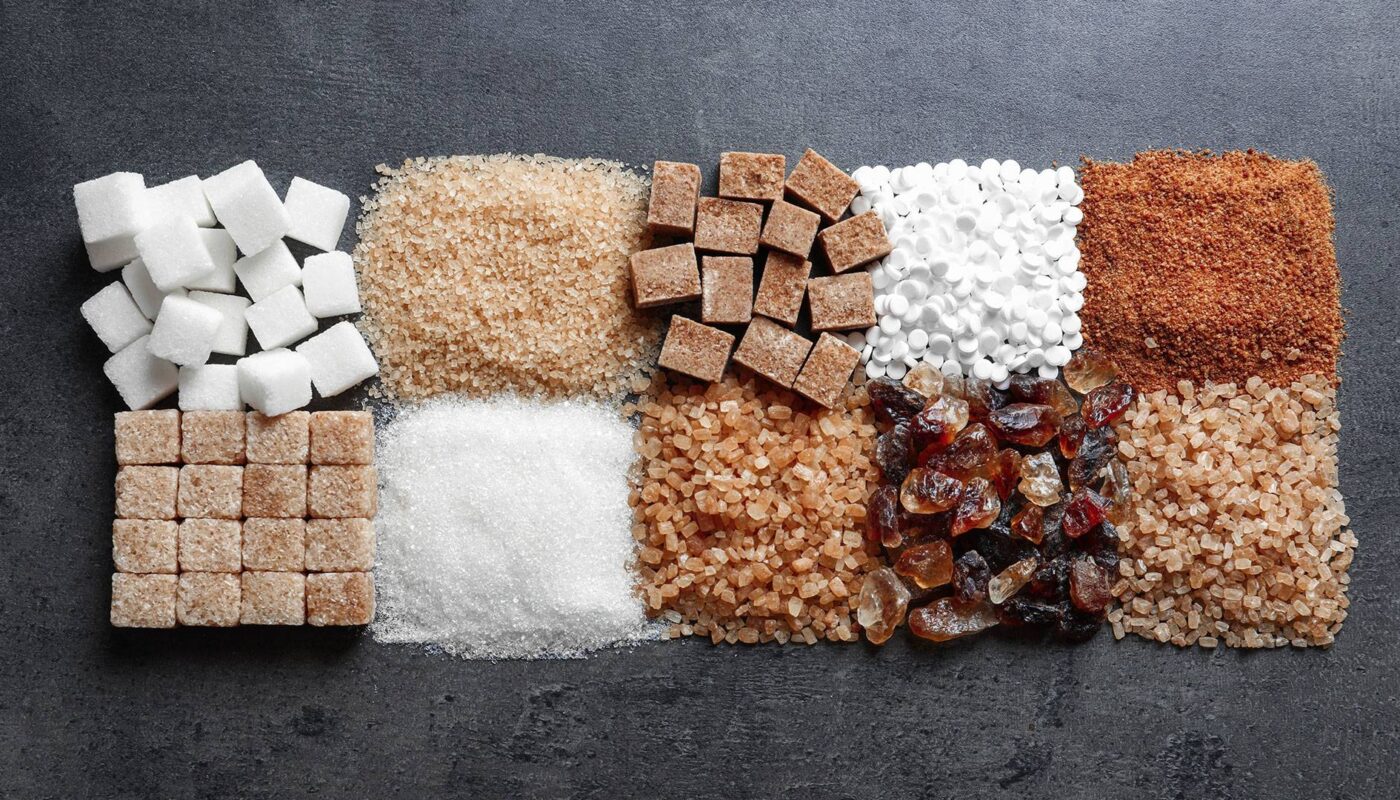Allulose, a low-calorie sugar substitute with various health benefits, may soon become more readily available and affordable thanks to a significant breakthrough in production methods. Scientists at the University of California, Davis (UC Davis), have developed a highly efficient and scalable method for producing allulose, offering a high-quality yield that could make it a healthier alternative to table sugar.
Allulose, also known as D-psicose, is classified as a rare sugar because it is only found naturally in small quantities in a few plant foods. Despite being approximately 70% as sweet as sucrose, allulose contains just 10% of the calories and has shown promising benefits for individuals with type 2 diabetes, including improved blood glucose levels and weight loss. However, its production has been hindered by low yields and poor quality.
The new method developed by UC Davis involves using the microorganism Escherichia coli (E. coli) to convert glucose into allulose. By editing the metabolic processes of E. coli, the researchers achieved a yield of 62% with a purity level exceeding 95%. This approach is not only efficient but also sustainable and cost-effective, utilizing existing infrastructure and biochemistry techniques.
Current methods for producing allulose involve using enzymes to catalyze its conversion from fructose, resulting in yields of up to 50% and low purity. The breakthrough at UC Davis bypasses these limitations and opens up the possibility of commercial production on a larger scale. The modified E. coli cells have the natural ability to produce allulose from glucose, and the researchers were able to optimize this process by redirecting metabolic flux and inhibiting undesired pathways.
The implications of this breakthrough extend beyond the sugar substitute market. Production of rare sugars, such as allulose, could help address the global obesity epidemic by providing low-calorie alternatives for processed foods. Additionally, increased production of rare sugars could lead to the development of sustainable pesticides for the agricultural industry and significant advancements in the pharmaceutical industry.
The ability to produce allulose in larger quantities and at a higher purity level is a game-changer for consumers seeking healthier alternatives to table sugar. Allulose does not increase blood glucose or insulin levels, making it a viable option for individuals with diabetes or those looking to manage their weight. With this breakthrough, allulose could become a household name and a staple ingredient in various food and beverage products. As further research and development continue, the potential benefits of allulose in improving global health and well-being are substantial.
*Note:
1. Source: Coherent Market Insights, Public sources, Desk research
2. We have leveraged AI tools to mine information and compile it




